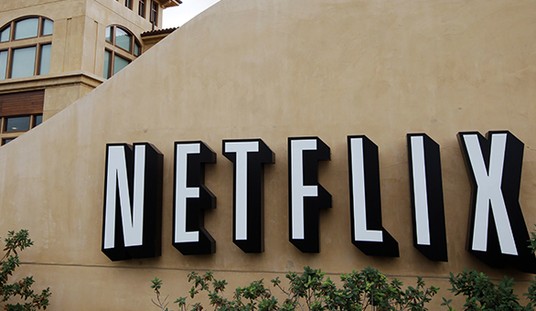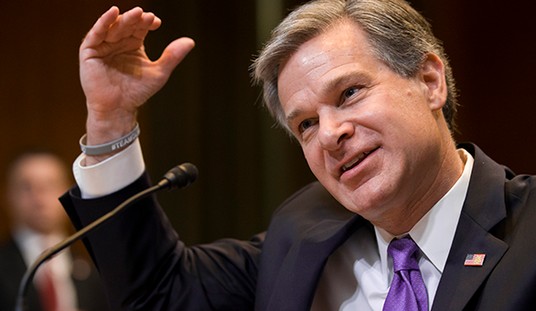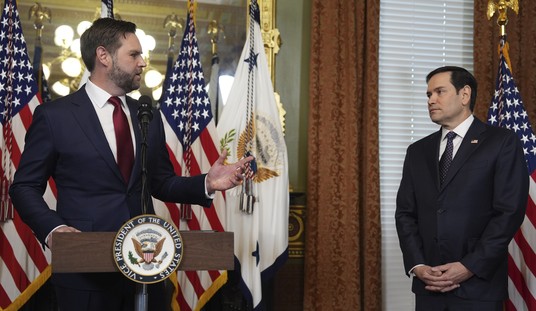An abundance of polls over the last week taking the temperature of the American public on the threat posed by the Islamic State have begun to paint a clear picture of how the United States was reshaped by a summer dominated by tales of ISIS’s horrors. Americans, it turns out, were profoundly affected by events overseas, disquieted by the apparent new threat to national security posed by this uniquely terrorizing force, and appalled at the slaughter of American hostages.
Two polls released this week showed that nine out of every 10 Americans believe ISIS represents a threat to national security. For independently minded Americans, that’s a strikingly uniform level of agreement on this issue. Now we know why: The latest Wall Street Journal/NBC News poll found that the beheadings of journalists James Foley and Steven Sotloff were the most penetrating news events of the Obama presidency.
“While those surveyed weren’t asked directly about that event, the poll found that 94% had heard news of the two murders, a higher level of public attention than given to any of 22 news events the Journal/NBC News survey has tested since 2009,” a Wall Street Journal write up of the poll read.
Not even the raid on Osama bin Laden’s compound drew as much interest or elicited the same level of emotion as had the Islamic State’s barbarism. Bad news travels faster.
New York Times columnist David Brooks has a good take on why the actions of ISIS, like the actions of all fanatical movements with which America has gone to war in the past, inspire such a visceral reaction.
“Our revulsion makes us different from the religious zealots who are prone to commit or celebrate acts like beheadings,” Brooks wrote. “They have a tendency to extreme asceticism, to seek to deny themselves the pleasures of the living world, to celebrate the next world at the expense of this world, to oscillate between masochistic self-flagellation, when they think they have been sensual, and bouts of arrogant spiritual pride, when they convince themselves they have risen above the senses. It doesn’t matter to them what they do to their enemy’s body, because this physical reality is not important.”
While not an unfamiliar one, this is an alien mentality to the American public. Another fundamentalist culture which inculcated the devaluation of the lives of friend and foe alike attacked the United States in 1941. In waking the American sleeping giant, the Japanese Empire lit a spark that ignited the engine of a superpower which still roars today. With their gruesome acts, ISIS seems to have again revved that idling engine.
The rise of ISIS and their apparent determination to draw American blood has also left the nation feeling vulnerable. The WSJ/NBC poll found that 47 percent now believe the country is less safe than at any time since the 9/11 attacks. That is a dramatic increase from just one year ago, when only 28 percent of respondents said the same. While the Islamic State has not attacked the homeland yet, most polled believe they are capable of such an attack. The public wants a preemptive strike.
Nearly two-thirds of the American public believes it is in the nation’s interests to attack ISIS in Iraq and Syria. Only 13 percent disagree. The WSJ/NBC survey confirmed other polls which indicate that Americans believe it is in their interests to adopt a more proactive approach to safeguarding the nation’s interests abroad. America’s experiment with a foreign policy of benign neglect is over.
Americans are ready to get to work combating this inhuman foe, and they expect their president to outline the ways in which the United States will accomplish this task tonight. The eyes of millions of Americans will fall on Obama tonight, eager to hear how he will soberly, cautiously, and patiently exact vengeance against those who attacked us.








Join the conversation as a VIP Member